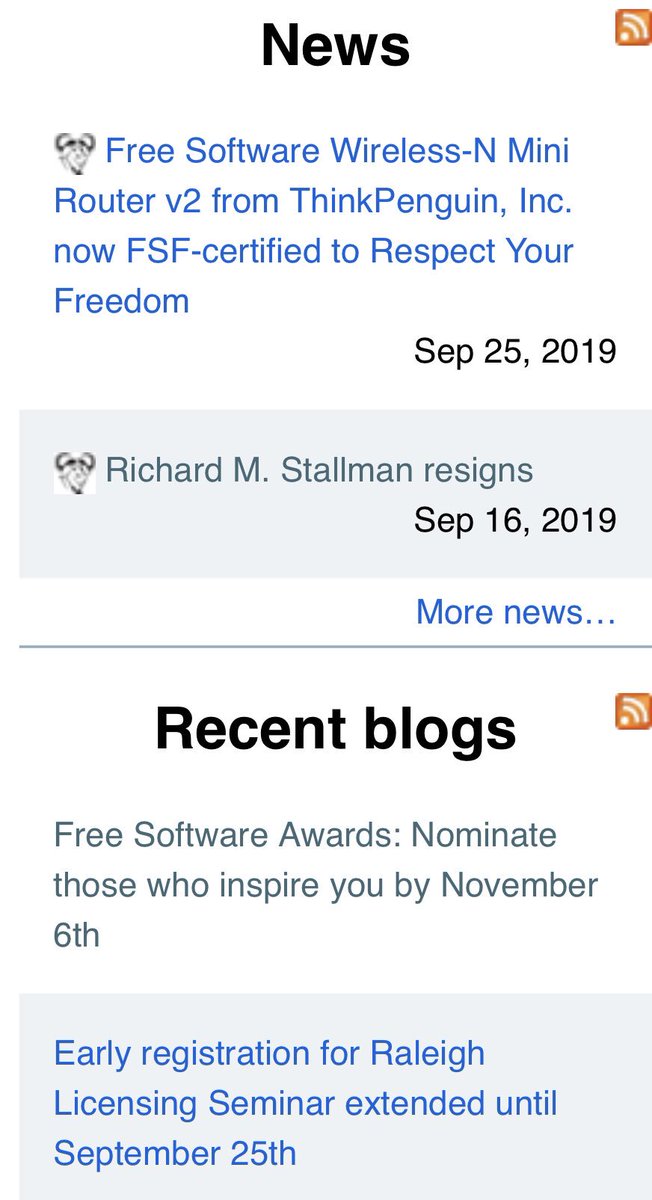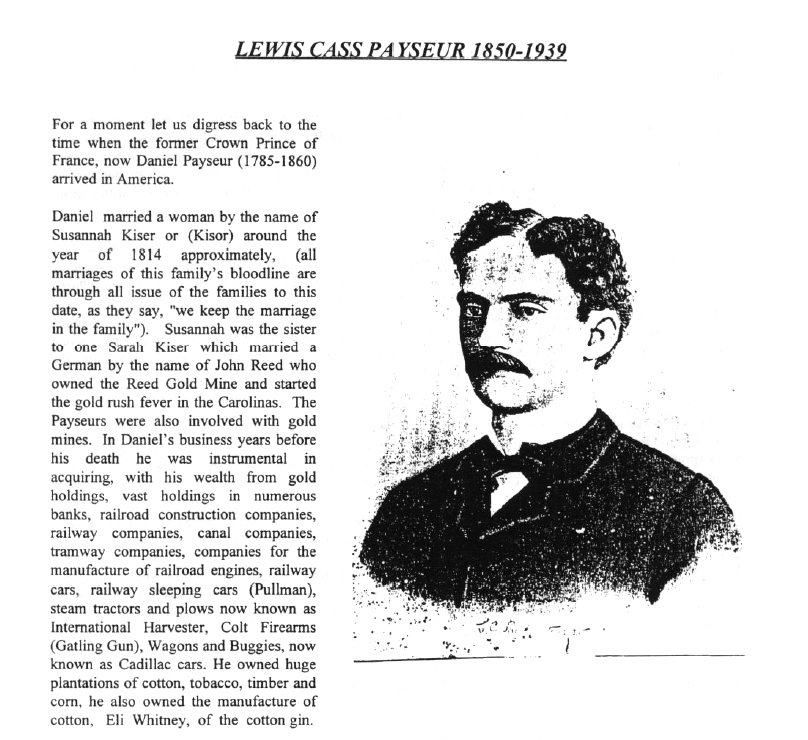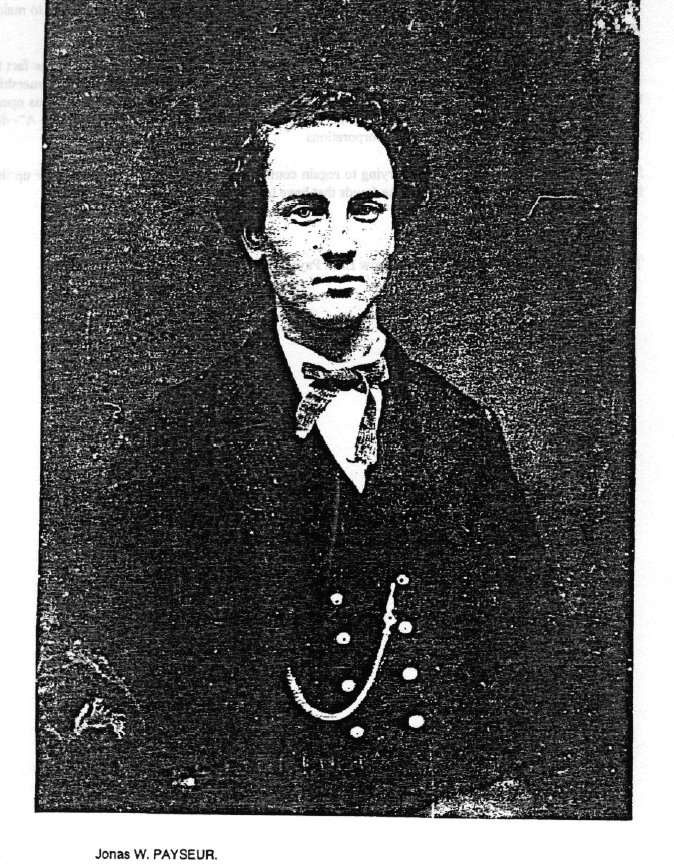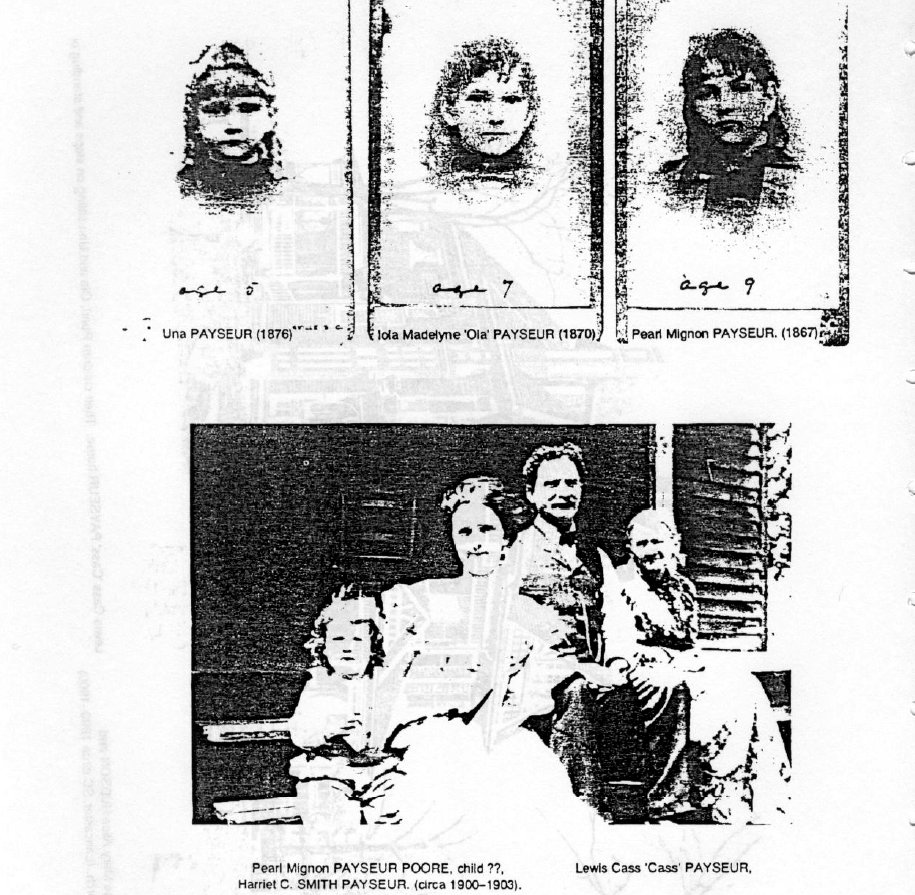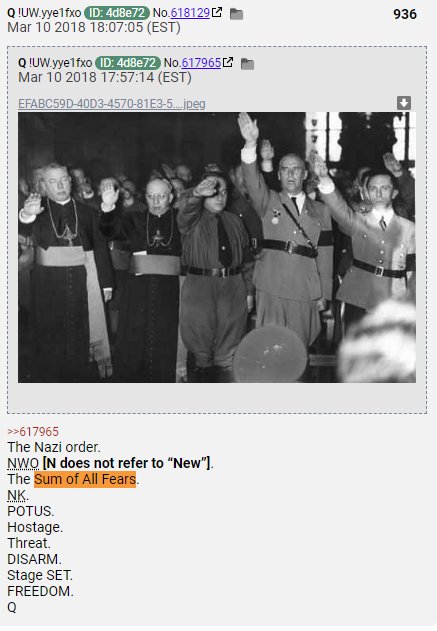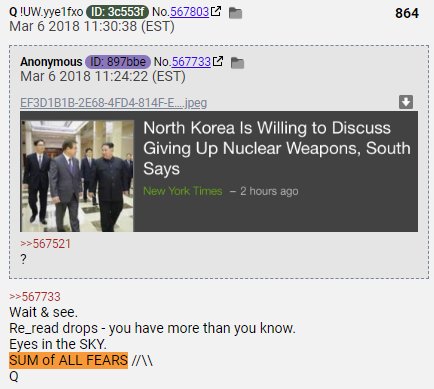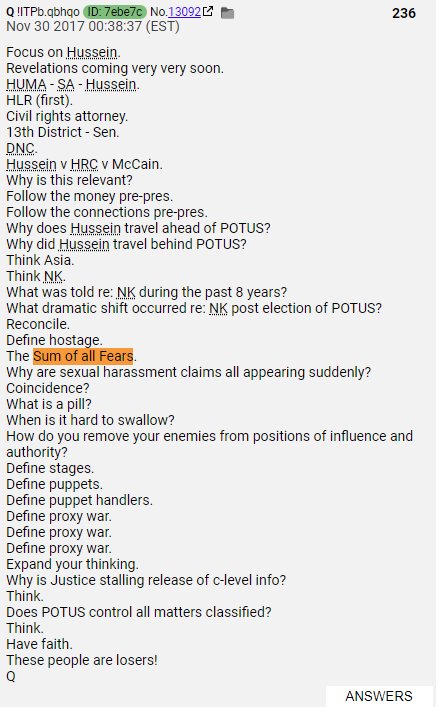Both terms were coined when the tech industry (& the world) was a very different place. I think we’ve outgrown them.
Many things that we think of as indispensable to modern open source projects are not included in the formal definitions. This is a good sign that we have another, as-yet-unnamed concept in play.
- community building
- accepting contributions from other people
- ethical use of software
- distribution mechanisms
- governance
- use of paid vs free labor
✨BLOG✨
😱
“Take this software for free!” the licenses said. “Fix it yourself if something breaks.”
What we are noticing is that free and open source software is now accumulating power once again in the _companies_, since they’re the end the users of the software, rather than individuals.
Law and law-adjacent folks: any pointers?

